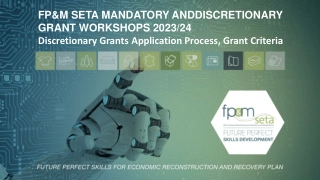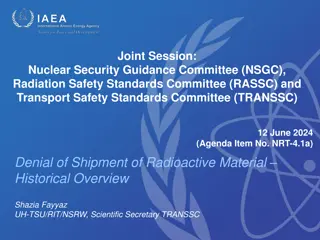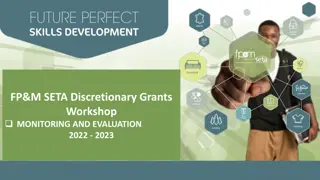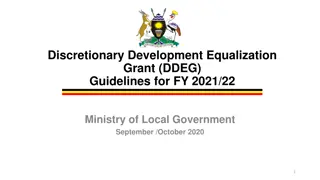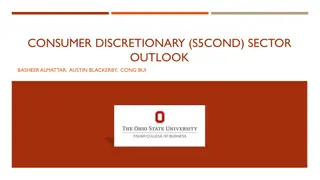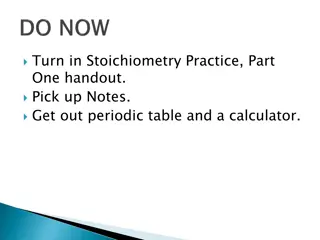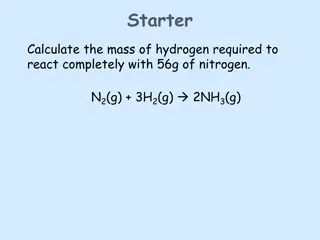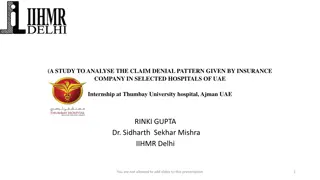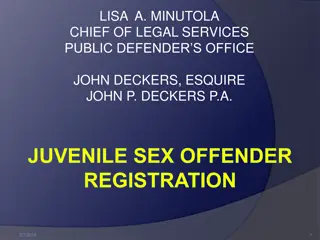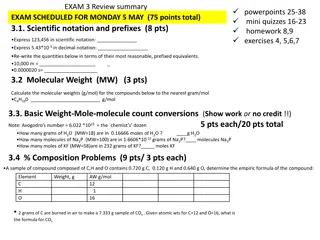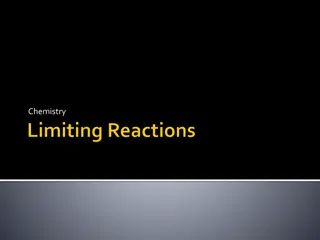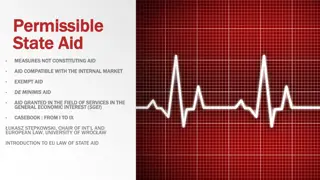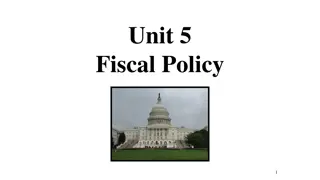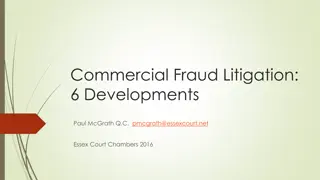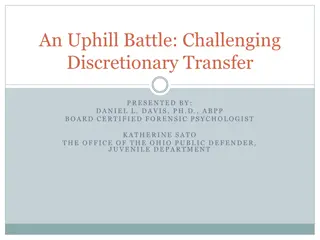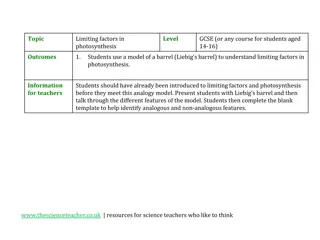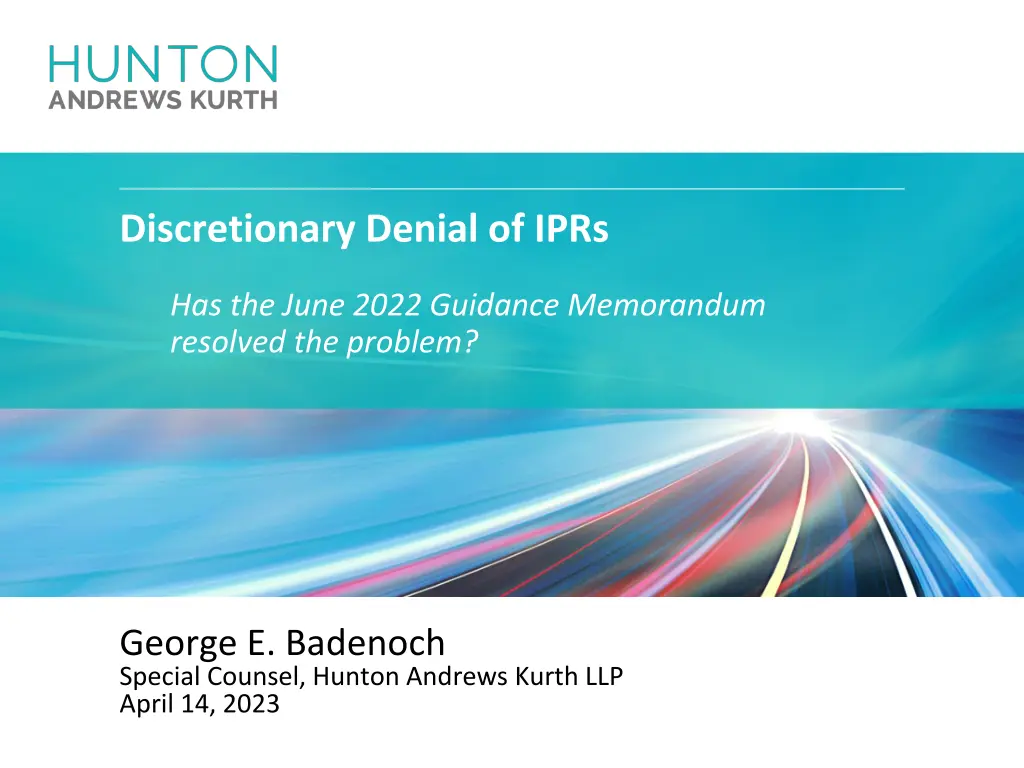
Resolving Procedural Problems in IPRs: June 2022 Guidance Review
Explore the impact of the June 2022 Guidance Memorandum on the procedural issues surrounding Inter Partes Reviews (IPRs) in patent law. Gain insights into discretionary denial of IPRs, procedural challenges faced, and the significance of IPR procedures for patent defendants. Delve into the Apple v. Fintiv factors and the clarified approach post the June 2022 Guidance Memorandum for institution of IPRs under compelling evidence of unpatentability.
Download Presentation

Please find below an Image/Link to download the presentation.
The content on the website is provided AS IS for your information and personal use only. It may not be sold, licensed, or shared on other websites without obtaining consent from the author. If you encounter any issues during the download, it is possible that the publisher has removed the file from their server.
You are allowed to download the files provided on this website for personal or commercial use, subject to the condition that they are used lawfully. All files are the property of their respective owners.
The content on the website is provided AS IS for your information and personal use only. It may not be sold, licensed, or shared on other websites without obtaining consent from the author.
E N D
Presentation Transcript
Discretionary Denial of IPRs Has the June 2022 Guidance Memorandum resolved the problem? George E. Badenoch Special Counsel, Hunton Andrews Kurth LLP April 14, 2023
Procedural Problems with IPRs No standing requirement. Anyone (except patentee) can petition for IPR. Can lead to multiple IPRs on the same patent without estoppel. No right to join earlier filed proceeding on same patent. Leads to unseemly race to file first among multiple defendants. No right to have petition reviewed on the merits. Board can refuse to institute on discretionary grounds unrelated to merits. 2
IPR Procedure is Substantively Important for Patent Defendants Trial before technically qualified APJs instead of lay jury. Lower burden of proof for invalidity. Substantially lower costs. Statutory deadlines to ensure quick resolution. Bifurcation of issues gives defendants two chances to win. 3
Apple v. Fintiv Factors Whether a stay exists or is likely to be granted if a proceeding is instituted. Proximity of the court s trial date to the Board s projected statutory deadline. Investment in the parallel proceeding by the court and parties. Overlap between issues raised in the petition and in the parallel proceeding. Whether the petitioner and the defendant in the parallel proceeding are the same party. Other circumstances that impact the Board s exercise of discretion, including the merits. 4
June 21, 2022 Guidance Memorandum The PTAB will not deny institution of an IPR . . . under Fintiv, When a petition presents compelling evidence of unpatentability. Further defined as evidence [that], if unrebutted at trial, would plainly lead to a conclusion that one or more claims are unpatentable by a preponderance of the evidence. When a request for denial under Fintiv is based on a parallel ITC proceeding. Where a petitioner stipulates not to pursue in a parallel district court proceeding the same grounds as in the petition or any ground that could have reasonably been raised in the petition. 5

